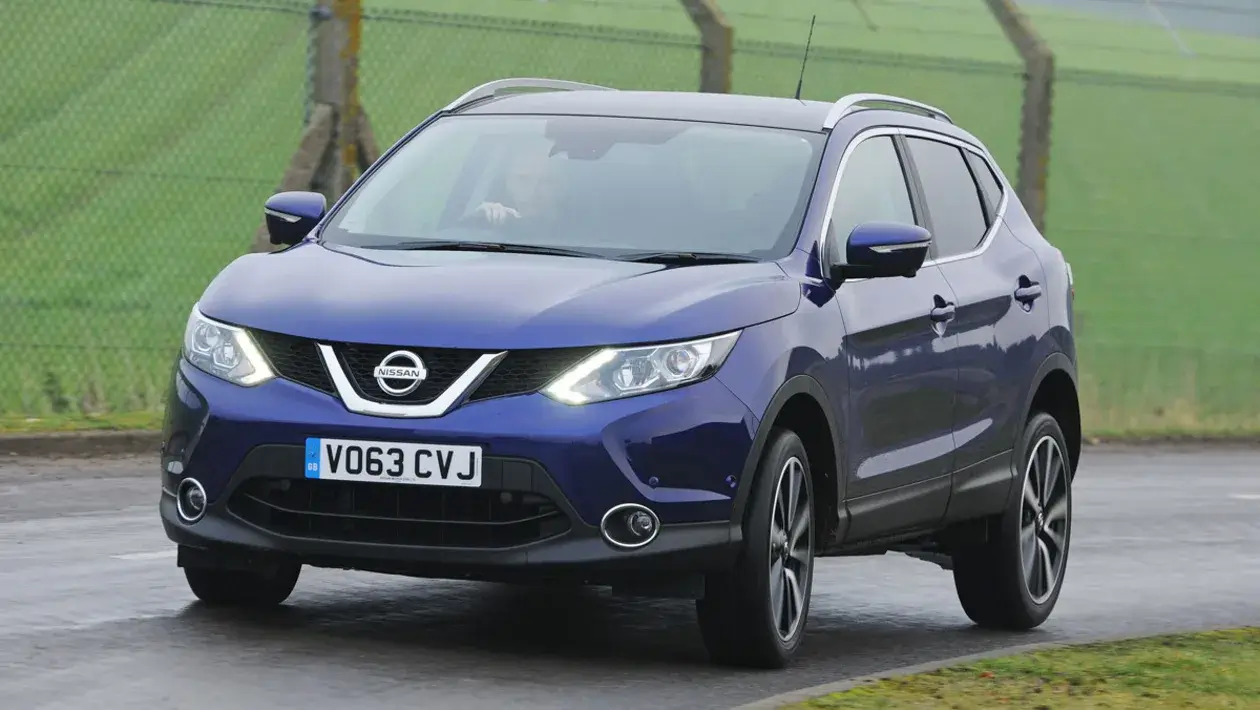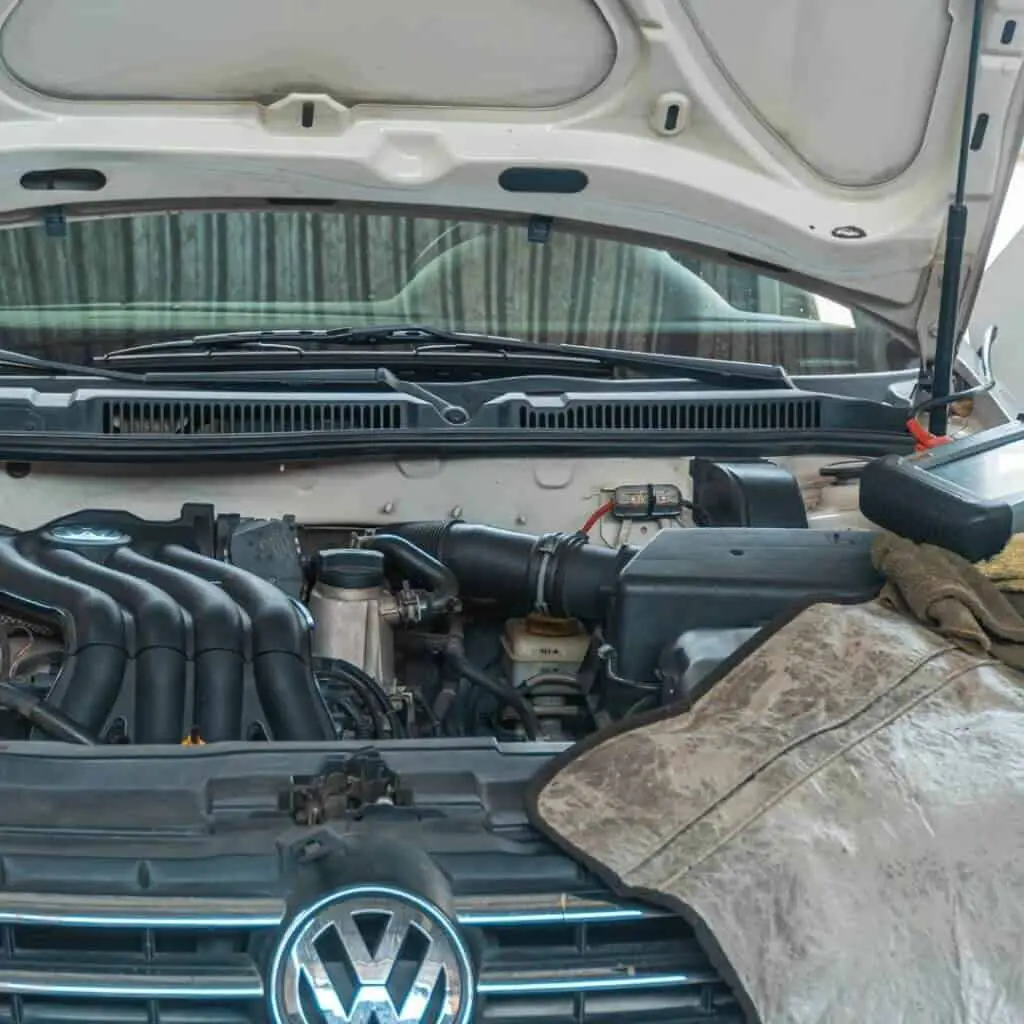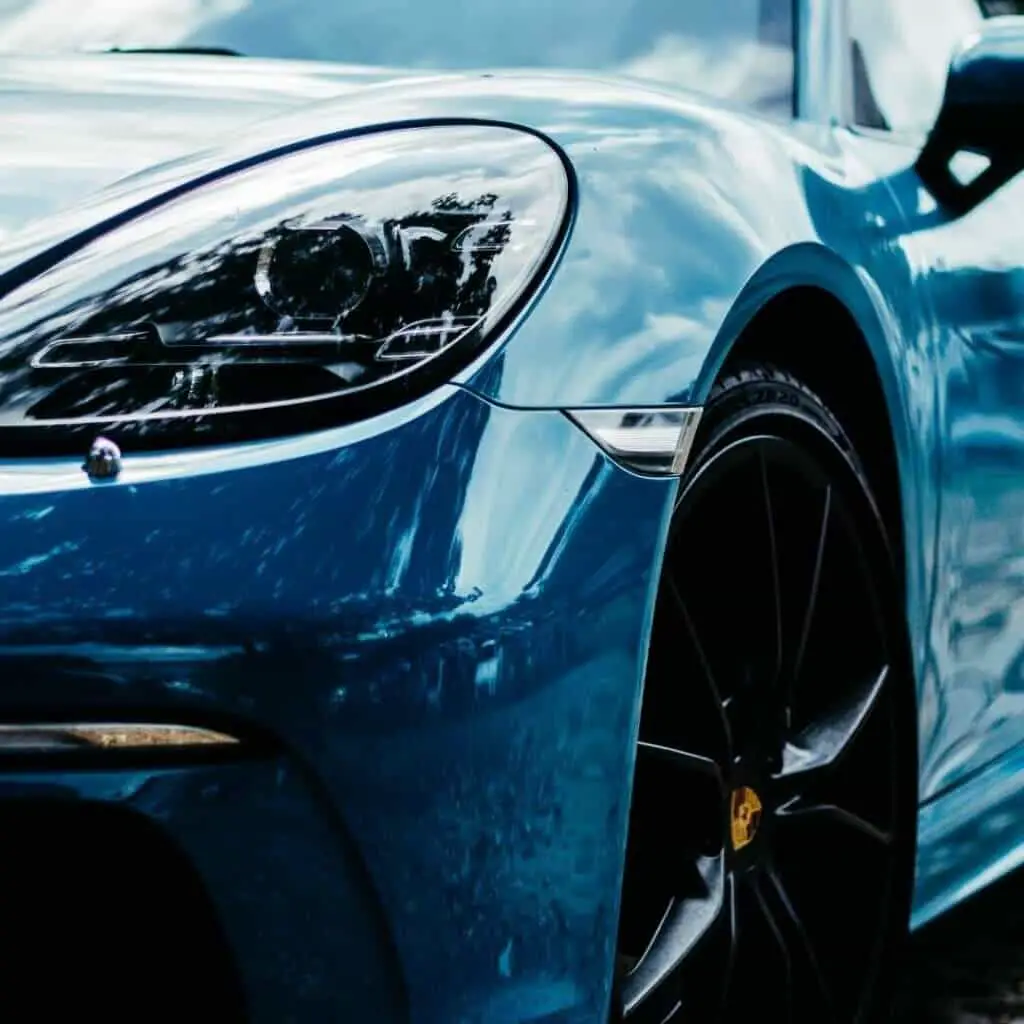Are you familiar with the Nissan Qashqai problems?
Nissan Qashqai is a product of the Renault-Nissan Alliance which started in 1999. The alliance made a number of cars before finally delivering this model in 2006. Nissan Qashqai is a compact crossover SUV, originally known under the name Nissan Dualis in Japan and Australia.
The car offers a sizeable and powerful SUV for the market which has found its ownerbase rather fast. The car didn’t have many changes until 2011, with only a 2009 facelift being a noteworthy example.
In 2011, Nissan Qashqai received an engine change as well as Around View Monitor as standard equipment. The full name change to Nissan Qashqai happened during this year too, aside from USA where car would be named Nissan Rogue Sport.
The 2013 and 2021 versions kept building on a strong basis and nowadays, the car possesses a variety of useful features along with a larger design. Using a CMF-C/D platform, Nissan Qashqai received a hefty update in appearance as well as stronger durability.
Nissan Qashqai Problems

Nissan Qashqai has some issues that are more likely to occur than others. They include radio problems, alternator issues, and rear suspension issues. More serious ones include excessive oil consumption in petrol engines and DPF blockage for diesel engines.
- Radio problems
Radio is one of the key parts of infotainment. The radio is generally the first addition to the stack.
Though it has been present as a component in cars for a while, it doesn’t mean each radio works quite the same. Sometimes, the radio may malfunction which can make for awkward silent drives.
As far as Nissan Qashqai goes, the radio issues are generally simple. The radio fails to pick up some stations and in some cases stops producing sound entirely.
These problems generally appear together but aren’t necessarily connected. However, the issues are definitely tied to software, which will make them easier to deal with. No need to replace an entire radio. [1]
- Alternator issues
The alternator is an integral part of a combustion engine vehicle. The main job of this component is to convert chemical to electrical energy. By doing so, the component allows us to charge and replenish the battery in our engine as well as other electrical components.
The alternator in Nissan Qashqai has problems with wires becoming frayed. The problem can often be traced to the improper interactions between its parts.
This issue is a bit more impactful, as the costs of replacing the alternator can be on the higher side. Additionally, unlike radio, the use of an alternator is important for the vehicle to operate properly.
- DPF blockage
A diesel particulate filter, or DPF for short, is an important component. DPF filters harmful soot from our exhaust system. As the name states, it is only present in cars with a diesel engine.
Although DPF not being present on the car or being blocked won’t affect the car’s performance necessarily, it will allow debris to accumulate.
As soot accumulates, the blockage gets worse. Often spiraling into other problems such as poor exhaust system functionality. Certain engines in Nissan Qashqai have a higher chance of getting a DPF blockage.
These are 2.0-liter and 1.5-liter diesel engines. The more low-speed and short drives you go on, the higher the chances of this blockage occurring. [2]
- Turbo issues
The turbo system in the car will force air into the engine which helps the engine generate more power by increasing airflow. The turbo system is consistently installed system across many models of vehicles. The car’s general functionality is greatly improved with this system.
We will recognize turbo issues in a Nissan Qashqai with some telltale signs. These include stuttering while accelerating and uneven idling.
Considering how easily noticeable they are, we can often act early on the problem. This is definitely something you should do as the repair for the turbocharger failure is quite expensive. [3]
- Rear suspension issues
The rear suspension allows wheels to be raised and lowered without affecting the other. This gives an extra amount of handling to the car. This works as a connection between the wheels and will help maintain good handling as well as proper turning.
Shock absorbers in the Nissan Qashqai have been known to malfunction, leading to rattling sounds in the back of the vehicle.
This telltale sign is a great way to get ahead of the issue, either doing maintenance that will increase their longevity or replacing the component wholesale. Though the repairs for this particular part aren’t that high, it still pays to keep our costs down. [4]
- Excessive oil consumption
Oil is a key part of lubrication in our car. A vehicle requires ample oil in order to keep everything working well as well as keeping the wear and tear to a minimum. Oil is to be consistently refilled, keeping the place working well.
However, a car can consume too much oil, which will prompt more frequent oil checks.
The oil in Nissan Qashqai’s 1.2-liter petrol engine doesn’t last long. This engine simply consumes large amounts of oil, which can be inconvenient.
Though a full oil change isn’t required, you should check the oil dipstick occasionally. If the dipstick shows the oil isn’t in the optimal range, simply pour in more oil. [5]
Solutions to Nissan Qashqai
Even the most problematic issues have some form of solution or at least preemptive action we can do. These cut down the risks of the car significantly and can save us some cash. Let’s go over some of the most common Nissan Qashqai problems that can be mitigated by proactive owners.
Radio problems on the Nissan Qashqai can be tracked down to software issues rather than hardware ones. This means that proper digital fixes can be quickly resolved. An approach that generally works is disconnecting and reconnecting the battery. However, if this fix doesn’t work, take it to a mechanic to have the software updated.
DPF blockage is another problem that we can apply immediate solutions to. The most recommended solution is to drive the vehicle for a long distance at high revs per minute.
If you do this for an extended amount of time, the heat of the exhaust will increase and burn off the soot. This will unblock the DPF, leading to a functional DPF.
The turbo issues can often be tracked to problems with oi. The best way to make sure our car doesn’t experience turbo issues is to keep the oil maintained.
Having enough oil in the vehicle is important and so is keeping it clean of purities. This should stop the problem from even appearing, avoiding the cost of repairs.
Testing the alternator is a healthy way of maintaining the health of the car. The alternator can be tested by measuring the system voltage, performing a visual inspection, and testing the alternator output. These three steps can often prevent the issues or, at the very least, allow us to reduce the extent of this issue.
Nissan Qashqai Problems
The problems may persist even after the solutions above are applied. If this occurs, it’s good to check your warranty. Nissan Qashqai still covered under warranty may have a part of the entirety of their repairs done for free at the Nissan shops.
Even if the car isn’t covered by warranty, a fix is in order. Though costs for some of these repairs can get high, it’s preferable to potential dangers something like rear suspension issues can put us in.
Related: Nissan Juke Problems
Conclusion
Nissan Qashqai possesses many qualities that make the vehicle worth considering. However, problems shouldn’t be ignored. By taking extra care we can avoid dealing with a number of these. If we are lucky, we won’t run into any to begin with.
However, knowing which solutions to apply and which steps to take is paramount to a healthy and properly functioning car. No matter the frequency of the problems, taking initiative is mandatory.
Read Also: Nissan Navara Problems





